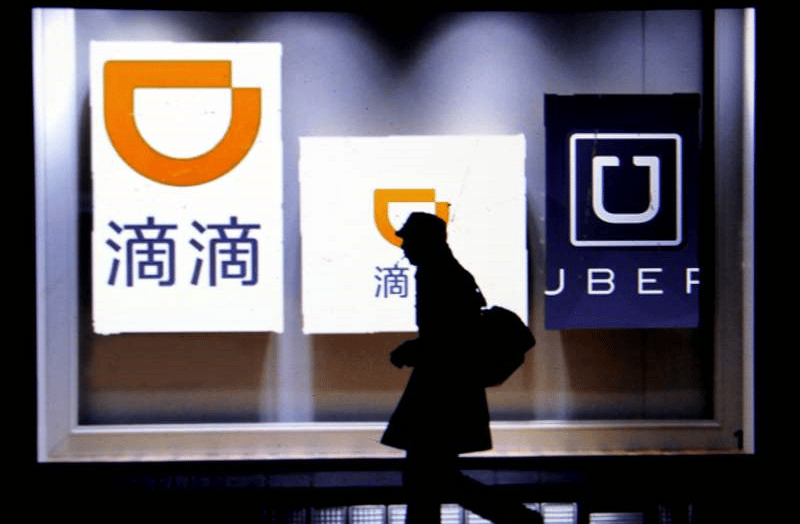China Tightens Oversight on Tech IPOs Abroad, Didi Announces NYSE Delisting
In December 2021, China's Cybersecurity Administration of China (CAC) in conjunction with the China Securities Regulatory Commission (CSRC), initiated a stringent cybersecurity review of Didi Global, leading to the removal of its app from domestic stores and sending its stock price plummeting, just months after its contentious U.S. IPO.
CHINA,ECONOMY
Global N Press
12/12/20211 min read


In December 2021, China's Cybersecurity Administration of China (CAC) in conjunction with the China Securities Regulatory Commission (CSRC), initiated a stringent cybersecurity review of Didi Global, leading to the removal of its app from domestic stores and sending its stock price plummeting, just months after its contentious U.S. IPO.
Shortly after regulatory bodies demanded that ride-hailing giant Didi Global delist from the NYSE, the CSRC released draft regulations requiring all Chinese companies handling "data security" and "national security" to obtain regulatory approval before listing overseas. This move aimed to intensify oversight of the foreign fundraising activities of technology companies that possess large volumes of sensitive data. This policy created a regulatory overlap with the U.S. Securities and Exchange Commission (SEC), which simultaneously tightened disclosure requirements for Chinese firms listed in the U.S.
This series of actions signaled that China was prioritizing data and national security above the efficiency of capital markets, triggering global concerns over a "trust deficit" in Chinese technology firms. From a conservative perspective, the Chinese government elevated data sovereignty to an unprecedented strategic level, further confirming the trend of "systemic decoupling" between the U.S. and China in the technology and capital sectors. It prompted international capital to gravitate toward markets less sensitive to geopolitical and regulatory risks, and accelerated the wave of secondary listings or "homecoming" of U.S.-listed Chinese companies to Asian exchanges like Hong Kong.




